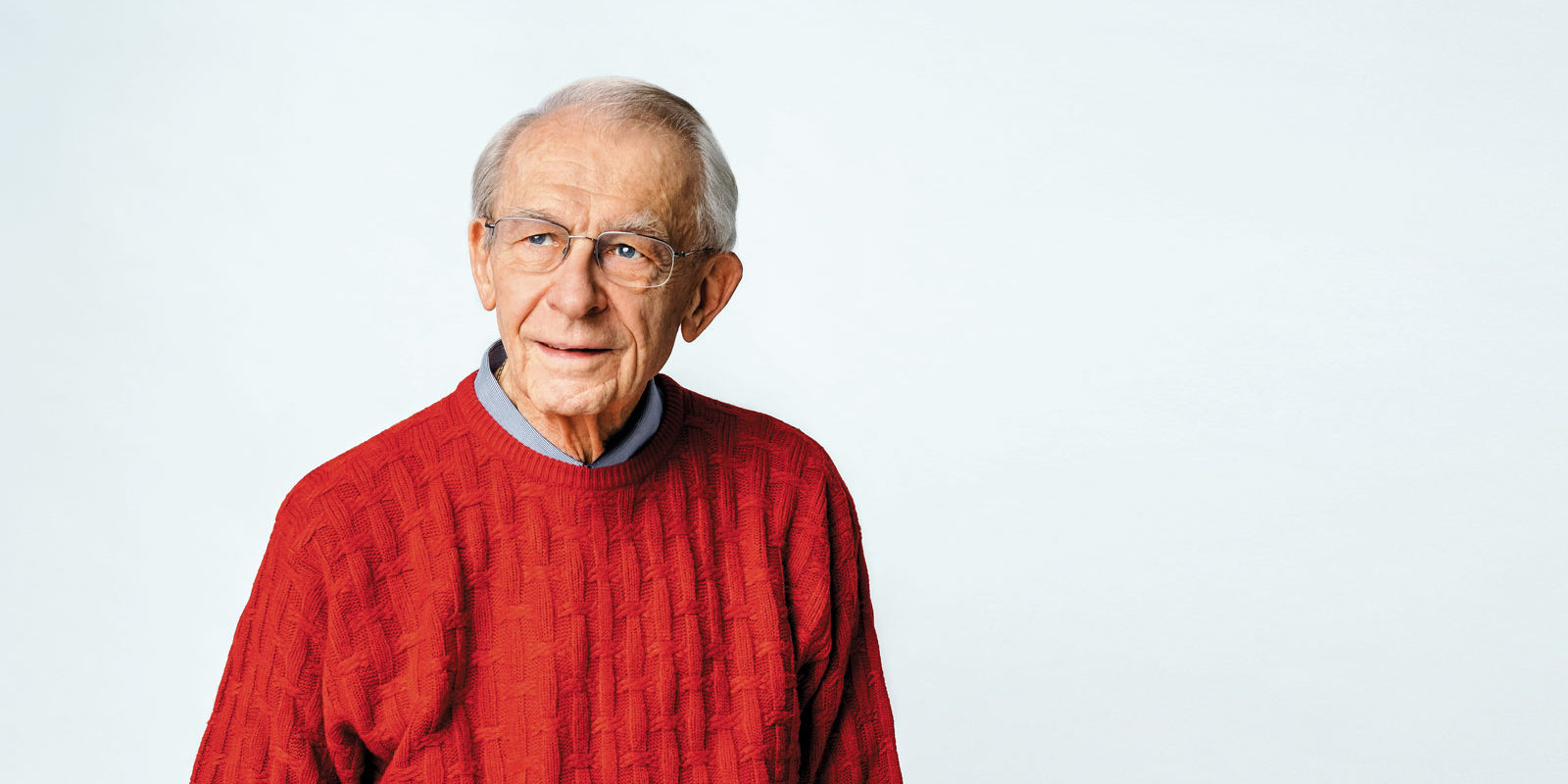This interview appeared in the Spring 2019 Letters & Science magazine.
My approach to teaching has always been that is it has to be fun. But at the same time, I have a reputation for being demanding, because I try to get students to constantly elevate their own standards. My approach has always been, “You’ll have a lot more fun if you get really good at what you’re doing.”
Music is one of those disciplines where you only get better if you do the repetitions. Anybody who has played an instrument knows that it’s the practice and the repetition that get the fingers working the way that they need to work. But we live in an era now where it looks so easy, and people forget the groundwork that has to be laid. We lose sight of that sometimes when we look at the finished product.
I had an arranging professor many, many years ago who said you have to get the paper dirty. And what he meant was, if you’re writing an arrangement, the first thing you do is put something down on paper. And then analyze.
If you study things like the notebooks of Beethoven, you see how many versions he had of the Fifth Symphony or the Ninth Symphony that never came to light. And I’ve been listening to some Elvis radio, for the outtakes, the things he didn’t use and how many he would do until he got that feeling that was right. I think with any artist you’d find those trials and errors.
One of the things that I talk about constantly with students is that your worst enemy is complacency. I get my own motivation partly from trying to motivate students. When I see that they will respond to the demands that are made on them, that more or less increases what I want to demand from them. So it becomes a circle.
I talk a lot about the moments that you pull upon when other moments don’t go well. I like to call them moments of happiness. To be successful, you can’t dwell on the non-successes, on the frustrations and the bad things that are inevitably going to happen. I think if you can learn to set aside the bad and dwell on the good things, you’re going to succeed. That may sound a little Pollyanna-ish, but I firmly believe it and that’s basically the way I approach everything.
It’s hard for me to process what’s next because I’ve been so active my entire life. I don’t want to sit and just meditate. I’m not planning an around-the-world trip. I’m not planning to go to Florida and play golf. But I like all kinds of music and I do miss the opportunity to just listen. I will probably do a lot more of that when I have the time.
This story appears in the spring 2019 issue of Letters & Science magazine.
Read the full issue here.
